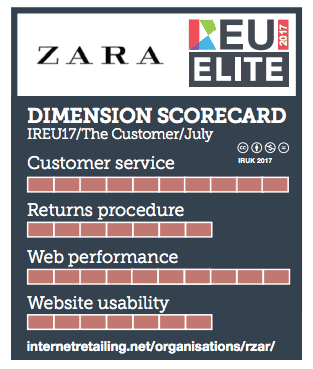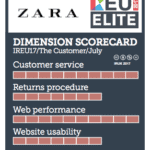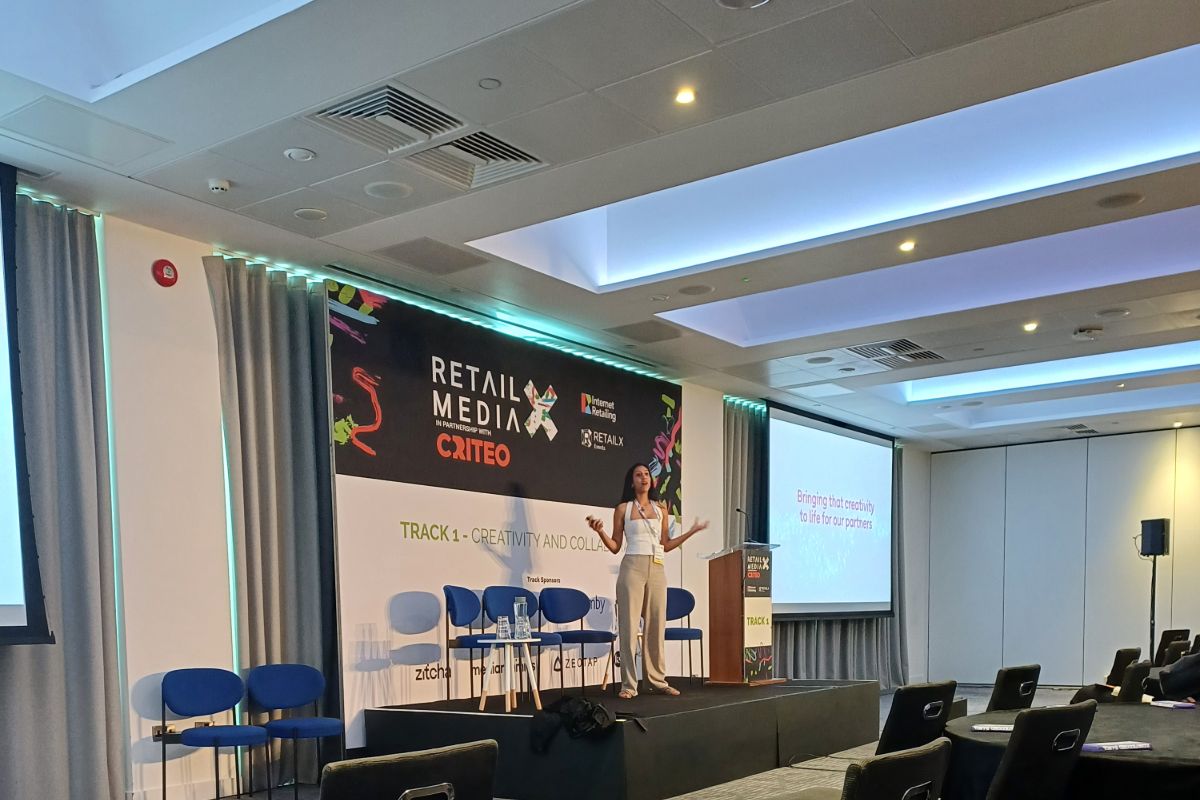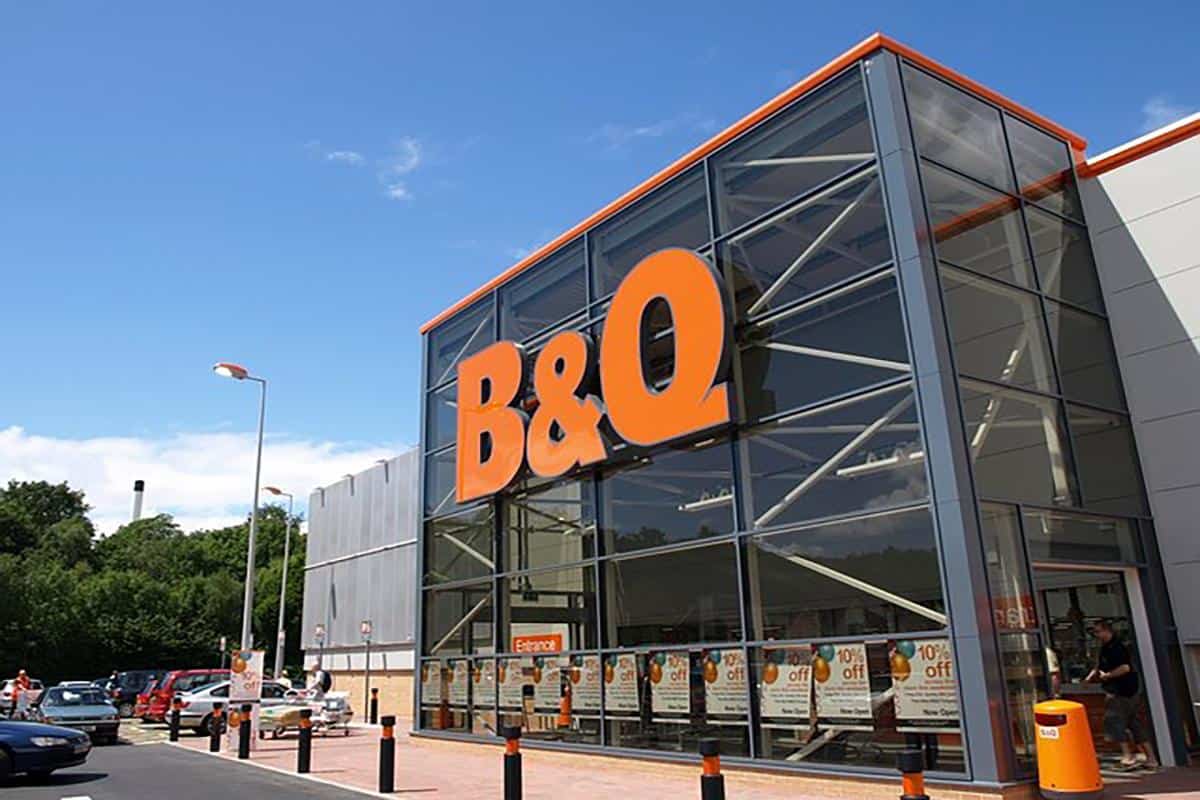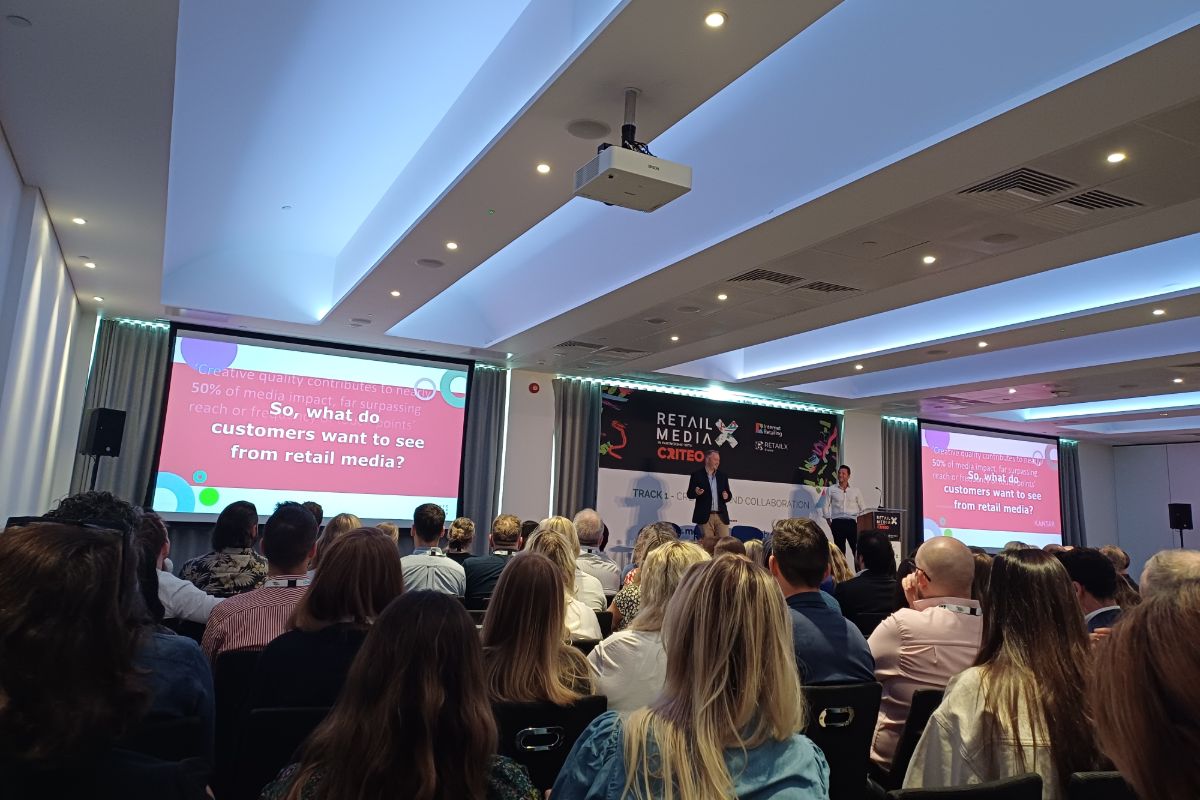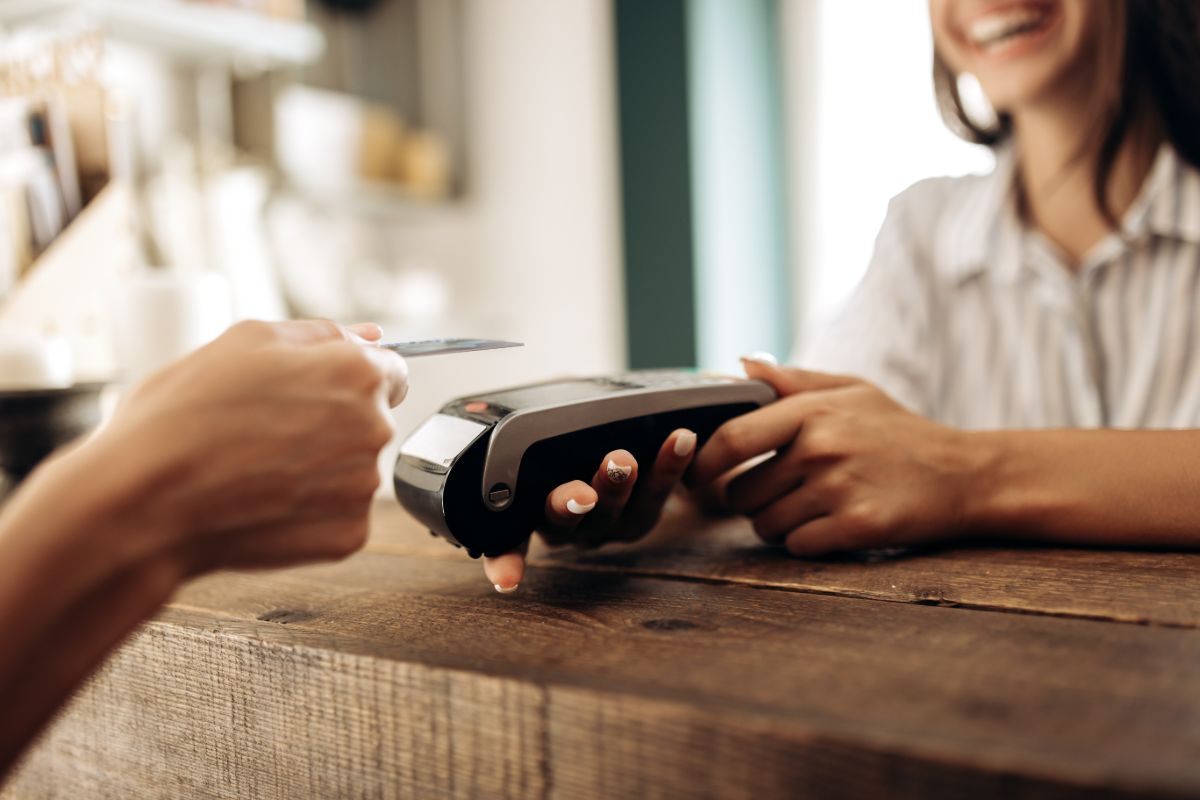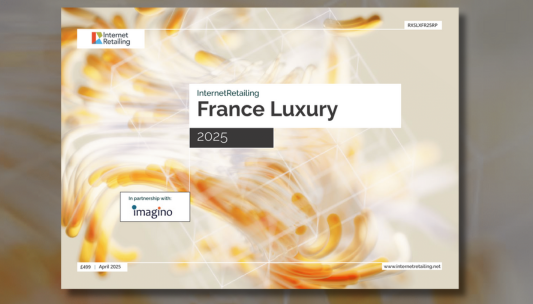Zara enables shoppers to learn about the products they are considering buying in detail and in their own language. The brand stands out in InternetRetailing research for the use of written product reviews on its website.
The Spanish fashion retailer enables customers to choose which language they read its different websites, depending on where they are shopping from. Visitors to its Swiss website, for example, can choose between four languages. During 2016, parent company Inditex completed its online coverage within the European Union by opening websites in 11 EU markets, including Bulgaria, Croatia and the Czech Republic. As a result, all member states now have a Zara website and shoppers can read them in 20 EEA languages. Zara’s sites form part of an integrated online-offline store model and, at the same time as opening 11 new country websites, the retail brand opened 102 new stores in Europe.
Zara takes a multichannel approach to customer engagement as well, communicating with customers via seven channels including five social media platforms – Instagram, Facebook, Twitter, Pinterest and YouTube.
Lately, the Inditex group has focused on delivering customer service for customers of Zara and its other brands through its apps. Mobile payments are now available in 15 markets, including Spain, the UK, Italy and France, via individual brand apps or a group InWallet app. The app also contributes to simplifying customer service and making returns easier through e-receipt functionality that’s now available in
its domestic Spanish market.
“As well as the important environmental benefits associated with its implementation, this measure enables shoppers to manage their purchases and improves on the returns and customer services processes by enabling immediate identification of transactions without having to depending on easily-lost paper receipts,” said Inditex in its 2016-2017 annual report. The paperless e-receipt system also means that online orders placed in Spain, the UK and the US no longer generate hard copy receipts.
RFID has now been rolled out to all Zara stores with a view to making stock control more efficient, a move that should improve the customer experience.
Zara has also made environmentally-friendly service a priority and all of its online orders are now delivered in boxes made from cardboard with a 56% recycled content. It has also introduced a service to collect used clothing from the home in tandem with an online order. The service, initially available in Spain, will go on to be introduced in its other markets.
